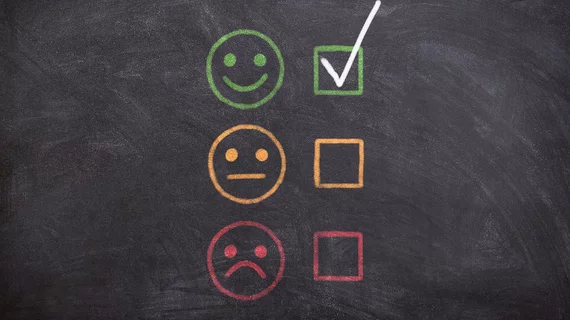COVID’s positive side: Collegiality and public awareness up in radiology, expert says
While it’s easy to get lost in all of the negative that the COVID-19 pandemic has brought about, one imaging expert is choosing a glass-half-full mindset when framing the crisis.
Jeffrey Klein, MD, a professor of radiology at the University of Vermont, highlighted a few of his reasons for remaining upbeat in an RSNA News piece, posted Monday. Those include increased interdisciplinary teamwork between imaging and other parts of the hospital, renewed awareness of the “central role that radiology plays in patient care,” and greater flexibility to work remotely.
“Perhaps the most positive result of this experience is the increased collegiality among radiologists internationally, as we all try to maintain our professional connections and share experiences and emerging information on the pandemic,” wrote Klein, who is also the RSNA Board of Directors liaison for publications and communications. With many in the field stranded at home, leaders in this community have looked to fill their needs through online lectures, webinars, podcasts and video presentations.
“The hope is that these collaborative efforts will remain robust in the future and help us collectively address the common challenges we face as a global radiology community,” Klein added.
The commentary is the first in a series published by the Radiological Society of North America in the coming weeks, highlighting its board members’ perspectives on the pandemic.
Read more from RSNA News below.

